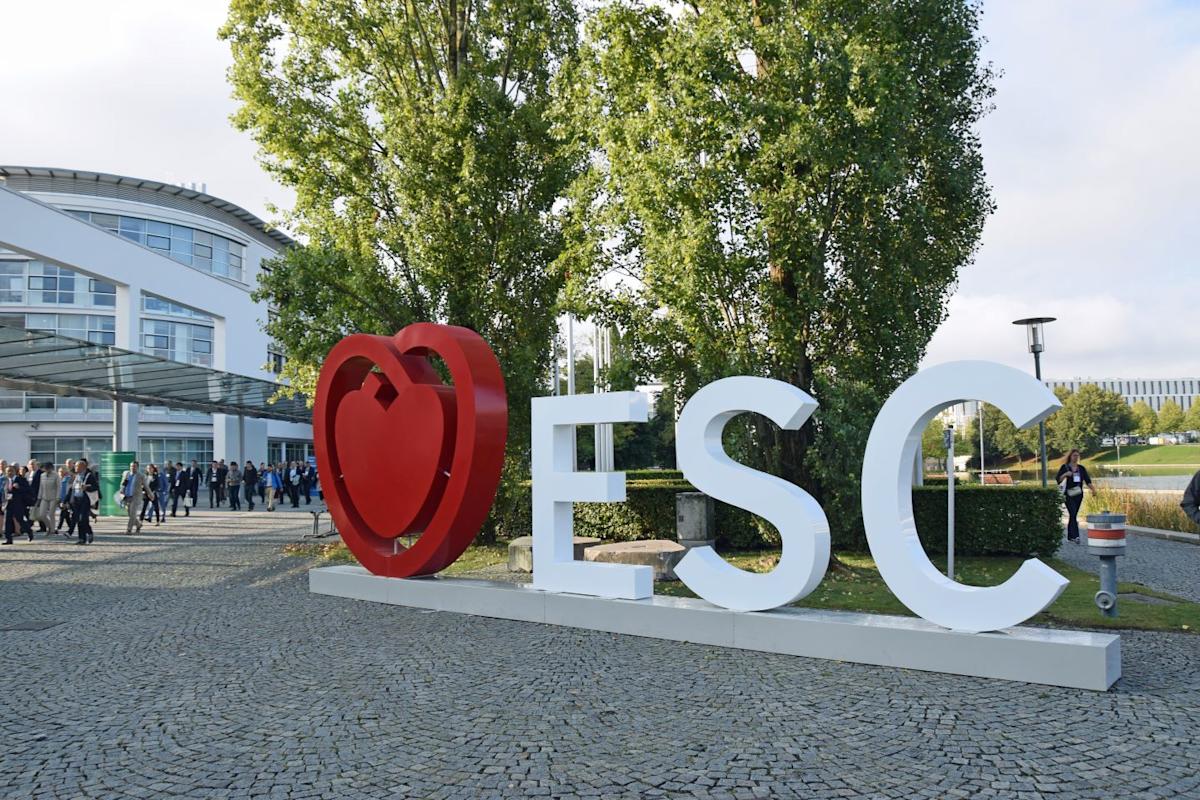The European Society of Cardiology (ESC) has updated its care guidelines for valvular heart disease, due in large part to recent trial results from Edwards Lifesciences.
Announced at the ESC Congress 2025, taking place in Madrid, Spain, from 29 August to 1 September, the updated guidelines now recommend that transcatheter aortic valve replacement (TAVR) be considered, even for asymptomatic patients, marking a shift from the previous “watchful waiting” advisement.
The amended guidelines were largely informed by data from Edwards’ EARLY TAVR trial (NCT03042104). Edwards is currently the only company with an approved TAVR indication in the US and Europe for asymptomatic severe aortic stenosis (AS).
Edwards’ CEO Bernard Zovighian called the ESC’s updated guidelines “important advancements” for structural heart disease patients.
The ESC’s guidelines are also updated to reduce the TAVR age threshold to 70, down from 75 and above, claimed by Edwards to reflect the strong confidence in TAVR’s “long-term safety, efficacy and durability”.
Zovighian commented: “Consistent with our strategy, the combination of new clinical evidence, indication expansions and guideline changes enables improved clinical outcomes, expanded patient access and overall benefits to the healthcare system.”
First published in the New England Journal of Medicine in October 2024, Edwards’ EARLY TAVR trial demonstrated that asymptomatic severe AS patients randomised to the company’s TAVR experienced superior outcomes versus the prior guideline-recommended approach of clinical surveillance (watchful waiting).
Involving 24,000 patients with severe AS, Edwards’ trial demonstrated that prompt intervention resulted in an average of 2.2 fewer days spent in hospitals during patients’ treatment, 80% fewer heart failure hospitalisations one year after treatment, and cost reductions of $36,000 per patient after one year.
At a median follow-up of 3.8 years, data showed that 26.8% of the 455 patients in the trial’s TAVR arm experienced death, stroke or unplanned cardiovascular hospitalisation versus 45.3% of the 446 patients in the clinical surveillance arm.
According to GlobalData analysis, the global TAVR market is growing at a compound annual growth rate (CAGR) of 8.1% and is forecast to reach a valuation of $14.9bn by 2034, up from $6.8bn in 2024. Edwards currently holds global and US market shares of 61% and 75.1%, respectively, as per a GlobalData market model.
While Edwards dominates the TAVR market for now, Medtronic is on the rise. The rival medtech company recently released two-year results from its SMART trial [NCT04722250] that compared its Evolut TAVR system to Edwards’ SAPIEN. The data revealed that Evolut led to significantly less bioprosthetic valve dysfunction, five times less prosthetic valve thrombosis, and nine times less haemodynamic structural valve dysfunction than the SAPIEN system.
